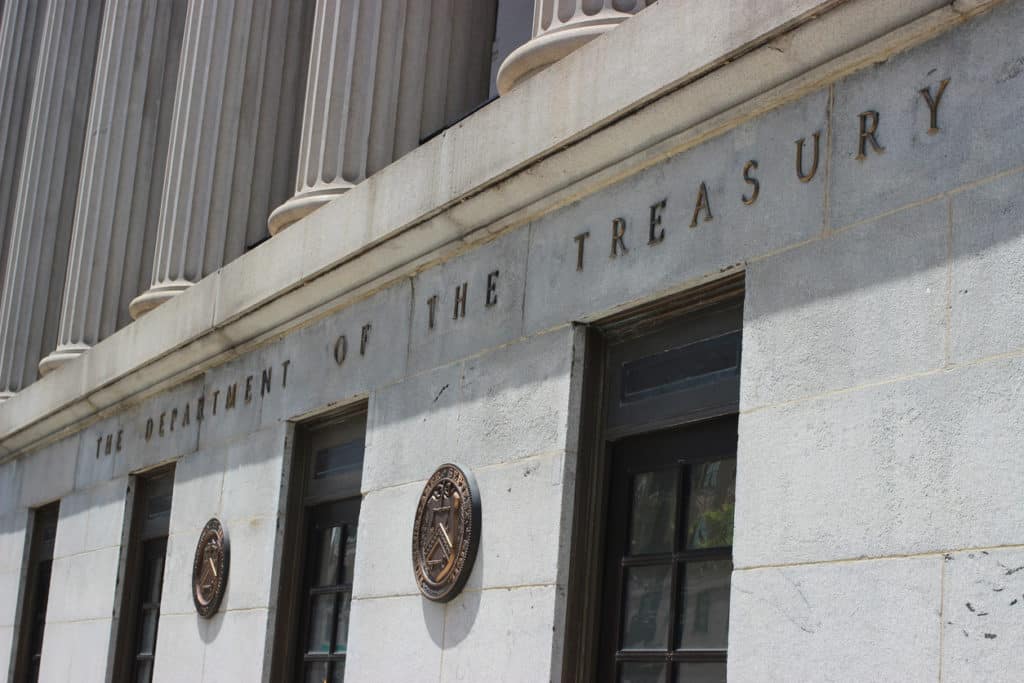
MFA recommended seven policies for recently confirmed Treasury Secretary Scott Bessent to pursue in a letter sent after his confirmation. The recommendations are designed to support U.S. economic growth and the financial well-being of all Americans by ensuring the U.S. capital markets remain the strongest in the world.“
Private and public capital markets in the U.S. are the strongest in the world. However, the previous Administration took actions that harmed our financial ecosystem. Secretary Bessent now has the opportunity to turn the page and enact policies that will enhance the resilience of our capital markets and benefit the economy, investors, and all Americans,” said Bryan Corbett, MFA President and CEO.
“MFA stands ready to work with Secretary Bessent and the Trump Administration on right-sizing regulations in a manner that balances oversight with innovation. This will propel economic growth and prosperity by fostering more dynamic and stronger private and public capital markets.”
To benefit all Americans, markets, and the economy, MFA recommends Secretary Bessent:
- Restore 2019 FSOC designation guidance: The Federal Stability Oversight Council (FSOC) should revert back to the 2019 systemically important financial institution (SIFI) designation guidance. This would require FSOC to conduct a cost-benefit analysis of the designation. FSOC should also seek to make these changes to the analysis required for SIFI designation permanent. Market participants are harmed by criteria that shift in each administration.
- Ensure Form PF data collection adheres to its original statutory purpose: Recent amendments to Form PF under the previous Administration require the disclosure of considerable additional data from private fund managers. These changes expand Form PF’s data collection well beyond its original statutory purpose of providing FSOC with data to assess potential systemic risk. The expanded data requirements will lead to the collection of less meaningful information, hindering efforts to monitor for systemic risk, and increasing the reporting burdens for advisers.
- Improve the Treasury clearing ecosystem to pave the way for central clearing: MFA supports mandating central clearing to enhance Treasury market resilience. However, the availability of central clearing must be expanded before the mandate goes into effect. Currently, the infrastructure is not in place to permit all Treasury transactions to be centrally cleared. Mandating central clearing without having the infrastructure in place will make government borrowing more expensive, harm Treasury market resilience, and increase market concentration and risk.
- Extend the compliance date of the OFR repo reporting rule for buy-side entities: The Office of Financial Research’s (OFR) Repo Reporting Rule requires both buy-side and sell-side firms to report repo transactions. This is a duplicative rule that places new burdens on buy-side firms without a corresponding benefit to financial stability since regulators already receive data from sell-side firms. At a minimum, Treasury should extend the compliance date for buy-side repo reporting to give market participants enough time to build brand new reporting systems.
- Extend the AML compliance date and provide additional guidance: The Financial Crimes Enforcement Network (FinCen) should extend the compliance deadline for the anti-money laundering (AML) rules adopted late last year. Additionally, FinCen should provide guidance to clarify various aspects of the rule. There also are proposed customer identification program (CIP) rules outstanding. If the CIP rules are adopted, investment managers must develop a holistic, risk-based compliance program that meets the requirements of both the CIP and AML rules.
- Pursue pro-growth tax policies: MFA supports fair, investment-neutral, pro-growth tax policies. Such policies enable MFA members to generate returns for their beneficiaries, including pensions, foundations, and endowments.
- Utilize existing regulations to address potential concerns with the use of AI tools: Existing regulatory frameworks are well-designed to address current and potential uses of artificial intelligence (AI) tools in the alternative asset management industry. The frameworks regulate activities and avoid regulating tools. This approach supports innovation, unlocks efficiencies, and yields benefits to markets, investors, and the economy.
Read the full letter here.
Source: MFA





